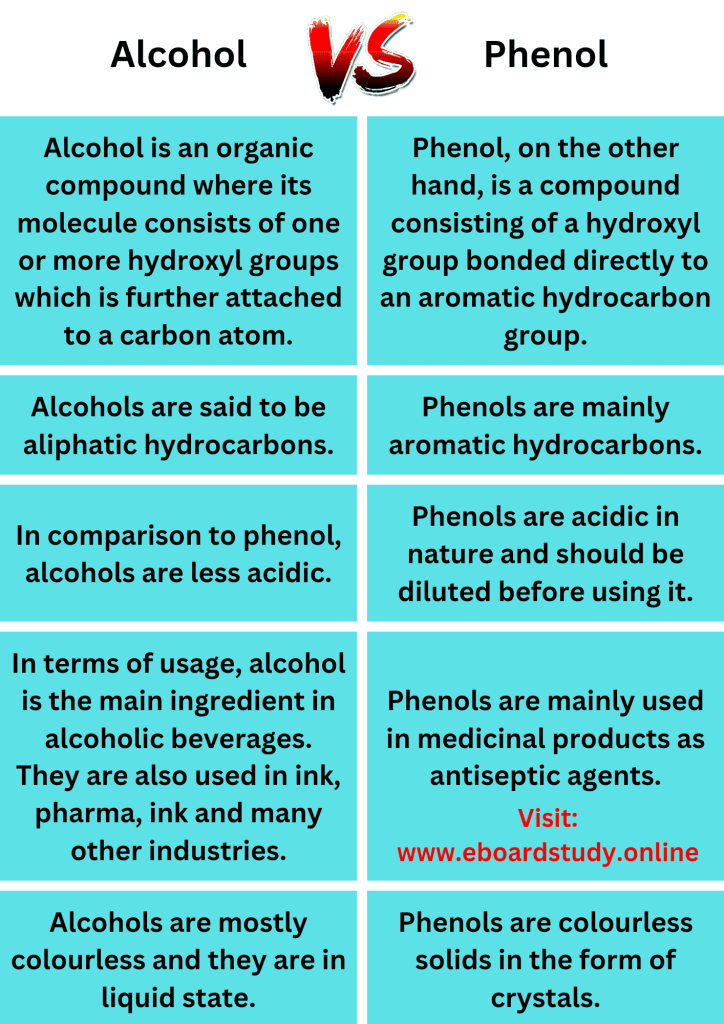What is Alcohol?
Alcohol is a natural compound whose particle contains at least one hydroxyl bunch joined to a carbon molecule. Consequently, liquor is a particle that contains at least one hydroxyl gathering. Alcohols are ordered into three significant classifications in light of the design of their particle essential liquor, auxiliary liquor, and tertiary liquor. The overall equation of liquor is composed of R-Goodness, where R is the hydrocarbon bunch called the alkyl bunch. The most straightforward liquor is methanol; R is its methyl bunch (- CH3). Ordinarily, when contrasted and practically equivalent to alkanes, their alcohols have altogether high edges of boiling over. Additionally, the edge of boiling over liquor increments when the quantity of carbon particles in the atom is expanded. Because of the presence of hydroxyl gatherings, alcohol particles structure hydrogen bonds by encompassing different alcohol atoms, shaping intermolecular attractions. Alcohols with basic designs are dissolvable in water. Notwithstanding, solvency diminishes with expanding the length of an alkyl gathering of the liquor. High-focus arrangements of alcohol are generally harmful. Accordingly, alcohols are generally utilized as weakened arrangements. Alcohols are generally applied in numerous enterprises like the drug industry, microbiological application, and cocktail creation.

What is Phenol?
Despite the fact that phenol goes under a kind of liquor, phenol is much of the time considered as an alternate sort of hydrocarbon because of its special synthetic way of behaving. Dissimilar to in alcohols, the hydroxyl bunch is straightforwardly clung to a fragrant ring. Because of this presence of a fragrant ring, phenol is viewed as a sweet-smelling compound, while alcohols can be either aliphatic or sweet-smelling depending on the presence of fragrant rings. Phenol is most popular for its germ-free properties. Subsequently, it is utilized in medical procedures and the drug industry as a disinfectant specialist. Be that as it may, exceptionally focused/unadulterated phenol can’t be utilized in previously mentioned applications as it consumes solid tissues. Indeed, even the weakened phenol is still an area of strength for too ever be utilized on organic tissues. On account of this explanation, phenol is supplanted by different mixtures, for example, 4-n-hexylresorcinol. Because of the presence of the sweet-smelling ring, phenols are more acidic in nature than alcohol. Phenol has a low liquefying point and a trademark sharp smell. Phenol is dissolvable in most natural solvents like fragrant hydrocarbons, alcohols, ketones, ether, acids, and so on.

